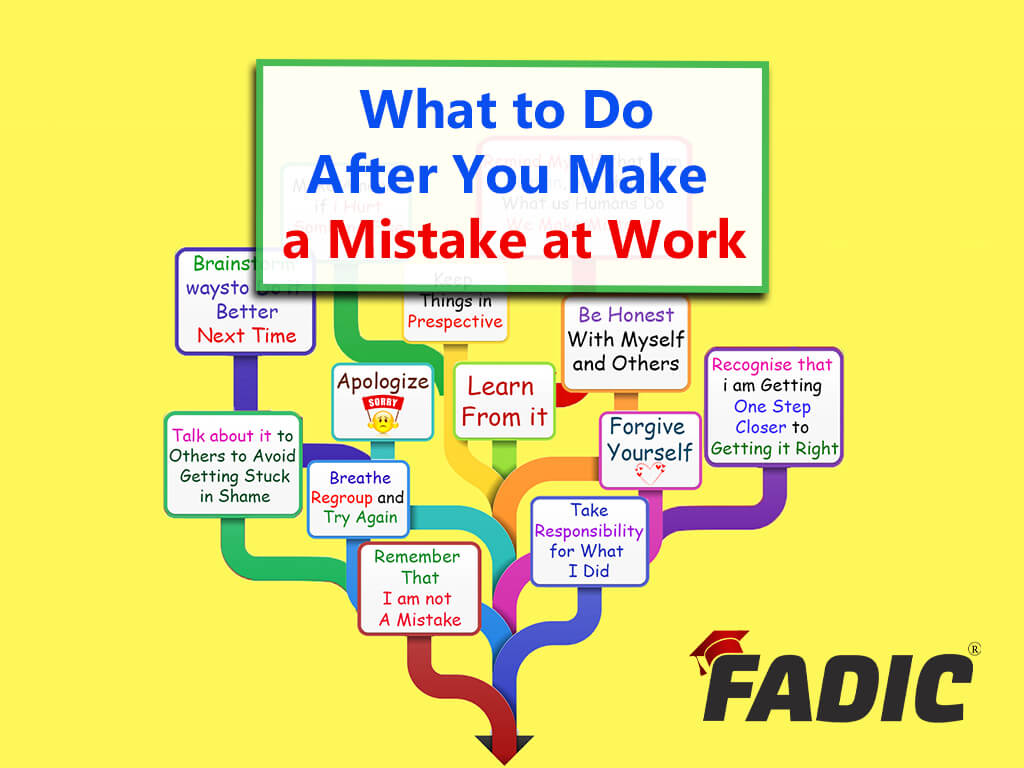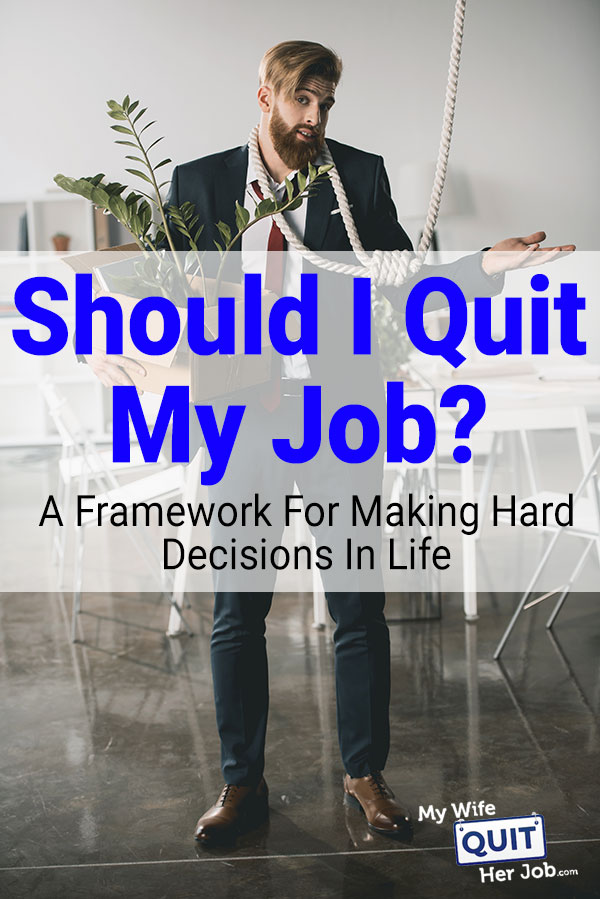Made A Mistake At Work Should I Quit

The pressure mounts. A critical error at work can feel like a career-ending earthquake, leaving individuals grappling with intense emotions and career-altering decisions. Should I quit? This question echoes in the minds of professionals across industries, triggering anxiety, self-doubt, and a desperate search for answers.
This article explores the multifaceted dilemma of whether to resign after making a mistake at work. It delves into the factors individuals should consider before making such a significant decision, providing insights from career experts and data-backed perspectives on workplace dynamics and professional reputation management.
Assessing the Severity and Impact
The first step is a realistic evaluation. Was the mistake a minor oversight or a major blunder with significant consequences? Consider the potential financial repercussions, damage to company reputation, or impact on client relationships.
Quantify the impact as much as possible. This will help you understand the gravity of the situation and determine whether it warrants resignation.
Company Culture and Management Response
Company culture plays a crucial role. Is the organization known for its understanding and support, or does it foster a blame-oriented environment?
Analyze how management has responded to similar situations in the past. A supportive leadership team might offer opportunities for remediation and growth, making resignation unnecessary.
However, a history of harsh disciplinary actions might suggest a less forgiving environment. Consider your comfort level navigating that environment.
Taking Responsibility and Demonstrating Remorse
Accountability is key. Own your mistake and avoid making excuses.
A sincere apology to those affected demonstrates maturity and professionalism. Furthermore, proactively proposing solutions to rectify the error showcases your commitment to resolving the issue and mitigating its impact.
Document everything. This shows initiative and a proactive approach to problem-solving.
Learning and Growth Opportunities
Mistakes can be valuable learning experiences. Reflect on what went wrong and identify areas for improvement.
Seek feedback from colleagues and supervisors to gain different perspectives on your performance and identify blind spots. Develop a plan to prevent similar errors in the future, and communicate this plan to your supervisor to demonstrate your commitment to growth.
View the error as an opportunity to develop new skills and enhance your professional capabilities.
Protecting Your Professional Reputation
Your professional reputation is a valuable asset. Consider how your actions will be perceived by colleagues, clients, and future employers.
Quitting impulsively can sometimes raise red flags. It might give the impression that you're unwilling to take responsibility or handle difficult situations.
However, staying in a toxic environment can also damage your well-being and hinder your career progress. Weigh the pros and cons carefully.
"Before making a hasty decision, thoroughly assess the situation, take responsibility, and explore all available options. Resignation should be a last resort, considered only after exhausting all other possibilities." - Career Guidance Expert
Alternatives to Resignation
Explore alternatives before submitting your resignation. Consider requesting a transfer to a different department or role, if possible.
This could provide a fresh start and allow you to utilize your skills in a different capacity. Open communication with your supervisor is essential.
Discuss your concerns and explore potential solutions together. Furthermore, seek guidance from a career counselor or mentor to gain an objective perspective on your situation.
Legal and Contractual Considerations
Review your employment contract and company policies. Understand the potential consequences of resigning, such as forfeiture of benefits or repayment of training costs.
Consult with an attorney if you have any concerns about your legal rights or obligations. Be aware of non-disclosure agreements or any restrictions on future employment.
Seeking legal advice can prevent future complications.
The Mental and Emotional Toll
Making a mistake at work can be emotionally draining. Acknowledge your feelings and seek support from friends, family, or a therapist.
Practice self-care to manage stress and maintain your well-being. Remember that everyone makes mistakes, and it's important to learn from them and move forward.
Focus on your strengths and accomplishments to rebuild your confidence. Your mental health is your top priority.
Ultimately, the decision to quit after making a mistake at work is a personal one. There is no universal answer, and the best course of action depends on the unique circumstances of each situation.
By carefully evaluating the severity of the error, the company culture, and your own professional goals, you can make an informed decision that aligns with your long-term career aspirations.
Regardless of your choice, remember that setbacks are a natural part of professional life, and resilience is key to navigating challenges and achieving success.
![Made A Mistake At Work Should I Quit [Infographic] I Made A Mistake At Work: The Do’s And Don'ts](https://www.niagarainstitute.com/hs-fs/hubfs/Niagara Institute - I Made A Mistake At Work Do’s And Donts Infographic (1).png?width=1480&height=2724&name=Niagara Institute - I Made A Mistake At Work Do’s And Donts Infographic (1).png)

















